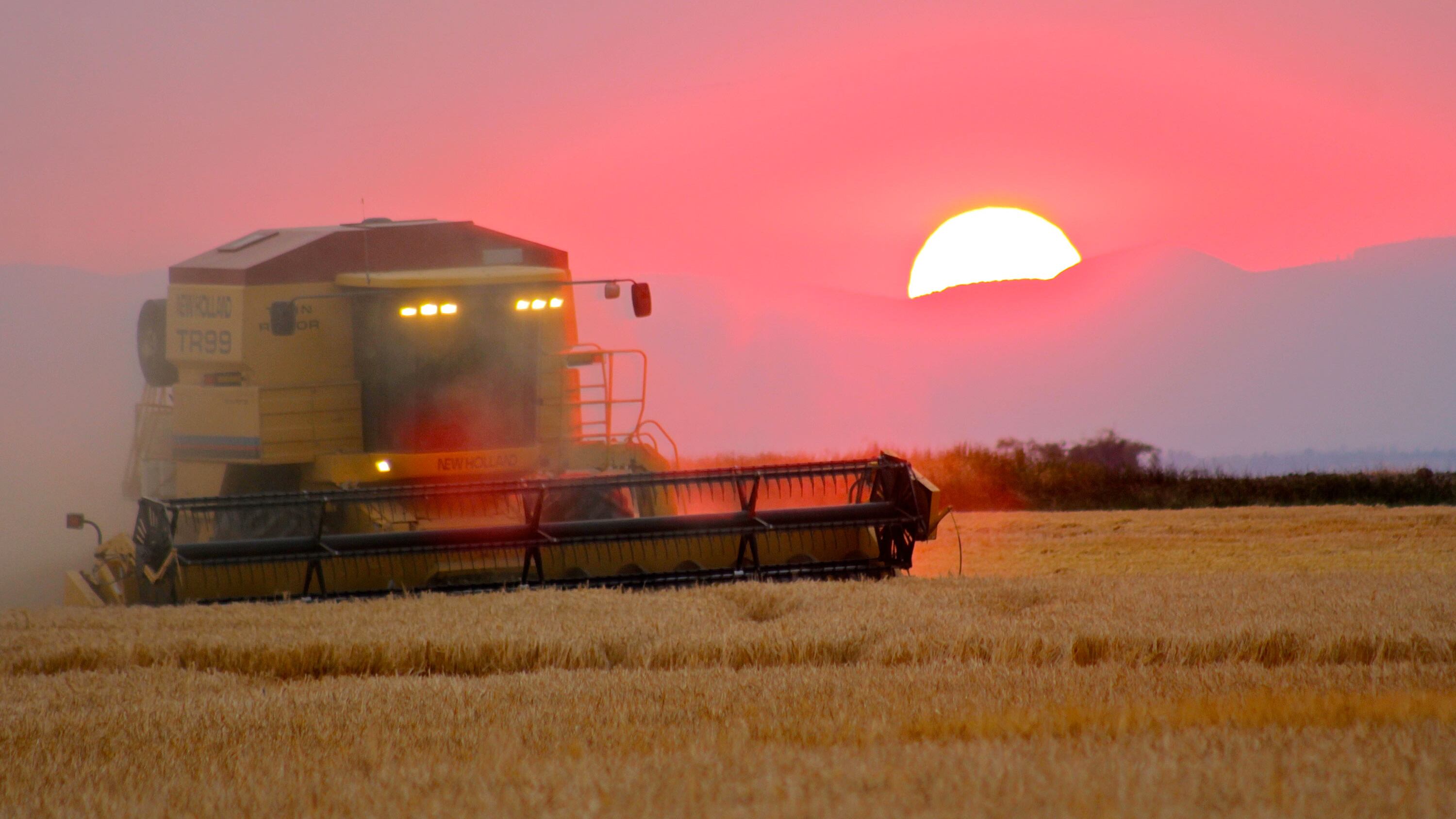By Nicole Vulcan
Beer drinkers go to extreme lengths to find out who makes their beverage of choice. Over the past decade, the owners and their values have become increasingly significant factors when deciding which tap will fill your pint glass or six-pack will make it home to the refrigerator. And usually, the closer to home the beer is produced, the better in the eyes of craft supporters.
But as Seth Klann tells it, sourcing one of the major ingredients is often anything but local. The founder of Mecca Grade Estate Malt (9619 NW Columbia Drive, Madras, 541-526-8152, meccagrade.com) is talking about barley. “It’s the meat of your beer,” says Klann, who launched what’s become the world’s largest estate malting operation with his father, Brad, in 2014—and you can actually tour the property just north of Madras.
Hops traditionally get most of the attention—there’s no lack of information about experimental varieties or discussions about how to incorporate them into the batch. But malt can affect the flavor of beer as well, if you let it. Most breweries—craft, micro, nano or otherwise—purchase their malt from one of a handful of giant conglomerates dotted across the U.S. Sure, that ensures a fairly consistent flavor profile, but also one that’s pretty bland. When it comes down to it, many smaller craft breweries have long been content to use a product that wasn’t designed with their needs in mind.
The Klanns are trying to change that, one 50-pound bag of malt at a time.
“Most people don’t know malt is a key component of beer and that malt comes from grain,” Klann told me as he showed me the facility. “And then when people realize that, [they wonder], ‘Where is it grown?’”
With Mecca Grade having vastly expanded its malting capacity recently so it can supply more breweries, it seems the idea is catching on.
The company is named after the historic, steep railroad slope that dipped down toward the Deschutes River on the north end of the 1,000-acre farm. To visit, drive past the main farm house and hang a right at a gravel path that leads to the grain silos towering above a building that holds the office, laboratory and malt house (though do call ahead rather than just showing up).
Inside, you’ll find walls covered in reclaimed wood, while a dark corridor lined with cage lamps guiding the way to the lab and malting equipment gives you the sense you’re descending into a mine. To many, the process of turning raw kernels into usable malt is a mystery, but it’s actually pretty straightforward. At Mecca Grade, a large, custom-made machine about the size of two shipping containers first wets and germinates the barley—causing it to sprout. The grains are then dried and kilned.
As you might imagine, driving two-and-a-half hours to set foot on the land where premium malt is grown and processed for well-respected labels like the Ale Apothecary and Culmination Brewing is next-level beer geekdom. Seth Klann gets it. He’s a self-professed beer nerd, too. In the future, he and the Mecca Grade team may even start producing their own commercially available beer (Klann already homebrews for friends and family), which would make it a true farm-to-glass operation.
